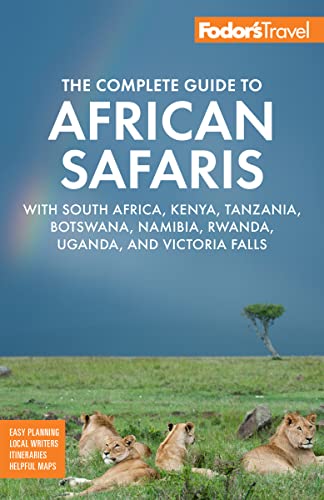About the Hotels and Lodges
Most camps accommodate 12 to 20 people, so the only traffic you'll encounter among the Delta's waterways is that of grazing hippos and dozing crocodiles. Even in the northern part of Chobe, where most vehicles are, rush hour consists of buffalo and elephant herds trekking to the rivers. Prices are highest June through October. Check with individual camps for special offers.
A word about terminology: "Land camps" are in game reserves or concessions and offer morning and evening game drives. If you're not in a national park, you'll be able to go out for night drives off-road with a powerful spotlight to pick out nocturnal animals. "Water camps" are deep in the Okavango Delta and often accessible only by air or water. Many camps offer both a land and a true water experience, so you get the best of both worlds.
There’s limited local cuisine in Botswana, so the food is designed to appeal to a wide variety of visitors. Nevertheless, it’s very tasty. Most camps bake their own excellent bread, muffins, and cakes and often make desserts such as meringues, éclairs, and homemade ice cream. And you'll find plenty of tasty South African wine and beer. Don't expect TVs or elevators, even at very expensive camps.




